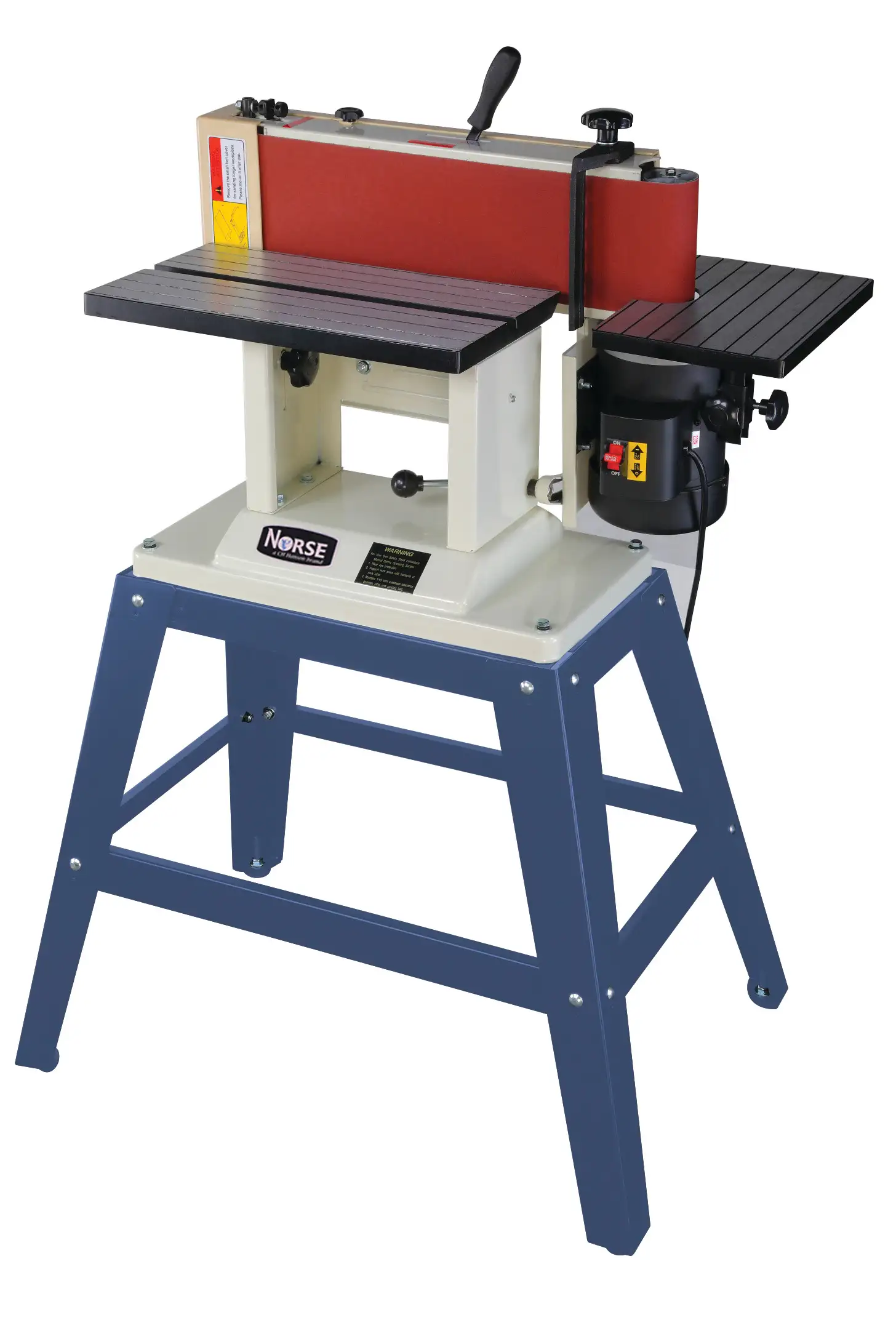Belt/Disc Sanders
What are belt / disc sanders?
Belt / disc sanders are versatile power tools that are more efficient for two types of tasks. The disc section is suitable for precision edge work and the belt section is suitable for flattening faces & edges, shaping contours and smoothening inside curves. The main purpose of belt and disc sanders is to remove material from wood stock. They are the perfect option for sanding flat wooden surfaces.
These belt / disc sanders quickly produce curves on stock edges, with the length of the curve depending on the belt width. They are useful for rounding corners & edges, especially the edges of long boards along the grain. Bench sanders are helpful in smoothing oddly shaped wooden surfaces.
Raptor Supplies offers combination belt / disc sanders & grinders that are used for sanding, grinding, deburring & contouring, from brands such as Dayton, Dake Corporation, Dynabrade, Jet Tools, Powermatic, Palmgren and Slugger. These disc and belt sanders are used on wood and generally operate at higher speeds than grinders, which are used with metal workpieces. These benchtop tools feature a round & flat surface used to shape & finish metal, and have a belt for shaping and finishing wood, plastic & composites. They are available in disc diameters ranging from 3 to 24 inches. These belt / disc sanders & grinders come in one and three phase configurations for voltage ratings ranging between 115 and 460V. These sanders have cast iron construction and feature a deluxe mitre gauge that turns & locks so that angles are set with accuracy. They have a power take off mechanism that allows mounting of an optional flex shaft for carving, drum sanding and deburring. They come with a removable plate to allow sanding, grinding or finishing of outside curves or oddly shaped workpieces on the belt.
For stainless steel machining, smoothing over burrs on metal, chamfering edges for welding and cleaning up casting, we offer bench belt, linear, pedestal belt, three wheel and versatility grinders powered by 1 to 5 phase motors. Choose from a wide range of grinders, tube / pipe polishing modules and belt finishing machines on Raptor Supplies.
 £ GBPChange Country
£ GBPChange Country

